Programmes > Orateurs invités
|
Christian Vollaire (Centrale Lyon / Ampère) - Microwave & Inductive Wireless Power Transmission
Christian Vollaire a obtenu son Master de Génie électrique en 1994 et sa thèse de doctorat de l’Ecole Centrale de Lyon en 1997. Il est actuellement Professeur des Universités à l’Ecole Centrale de Lyon, ses enseignements portent sur l’électrotechnique et l’électronique de puissance. Il effectue sa recherche au sein du laboratoire Ampère (CNRS 5005) dont il est le directeur adjoint. Il est responsable de l’activité compatibilité électromagnétique (CEM) d’Ampère, ses activités de recherche sont centrées sur la CEM des systèmes de puissance et sur le transfert d’énergie sans contact par ondes électromagnétiques haute fréquence et par induction. Il est membre du comité de lecture de plusieurs revues internationales, membre du comité d’organisation de congrès internationaux et responsable scientifique de nombreux contrats industriels et institutionnels. Il est l’auteur de plus de 60 revues internationales, de 150 publications dans des congrès internationaux, de plusieurs chapitres de livres et de quatre brevets
|
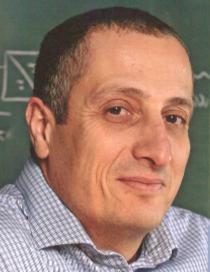
|
|
Solenn Berson (CEA - INES) - Organic & Perovskite PV technologies for indoor energy harvesting
Solenn Berson a obtenu en 2004 son Master en Matériaux Polymères et Composites au CPE Lyon (Ecole de Lyon de Chimie, Physique et Electronique), en France. Elle a obtenu son doctorat en photovoltaïque organique au Laboratoire d'électronique moléculaire, organique et hybride, au CEA Grenoble, France. Après une bourse postdoctorale industrielle au LIPHT de Strasbourg, elle a rejoint le laboratoire Photovoltaique Organique & Perovskite, au CEA INES, au Bourget du Lac, France en 2008 en tant que post doctorante puis en tant que chef de projet en architecture et procédé de dispositifs PV imprimés. Elle dirige le laboratoire depuis 2014. Elle a plus de 12 Brevets et 26 Publications (h-index:14).
|
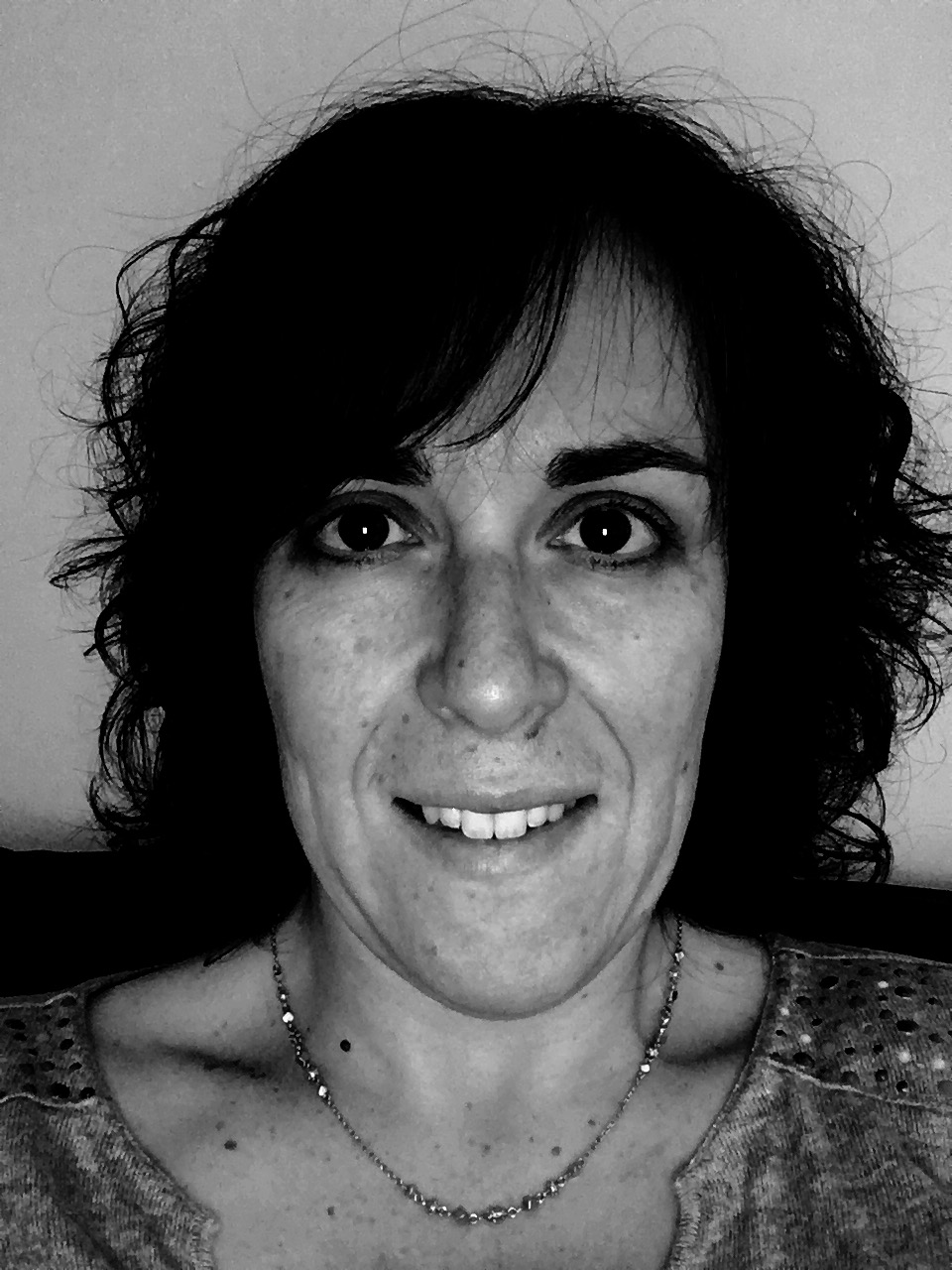
|
|
Aldo Romani (U. Bologne) - Energy harvesting techniques for piezoelectric transducers
Aldo Romani currently serves as Associate Professor at the Department of Electrical, Electronic, and Information Engineering of the University of Bologna at the Campus of Cesena. His research topics include micro-/nano-power electronics, circuits and techniques for energy harvesting, and applications of piezoelectric transducers and sensors. He was and is involved in several European and national research projects. He is currently a supervisor of the IC design activities of the joint research laboratory of STMicroelectronics and the University of Bologna. He is a co-recipient of the 2004 Jan Van Vessem Award of the IEEE International Solid-State Circuits Conference and is co-author of over 80 publications and patents.
|
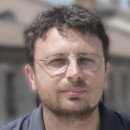
|
|
Christophe Lethien (IEMN) - Powering Internet of Things Devices with high performance 3D Li-ion micro-batteries and micro-supercapacitors
Christophe LETHIEN, 41, is an Associate Professor from Lille University and IMT Lille-Douai engineering school. After a PhD obtained in 2004, he has hired at the Royal Military Academy from Brussels during 3 years. Since 2007, he works at Institute of Electronics, Microelectronics and Nanotechnologies (IEMN) on the fabrication of 3D all solid state Li-ion micro-batteries and micro-supercapacitors developed at the wafer level to get autonomous miniaturized IoT devices. He is co-author of 43 publications, 1 patent, 1 book and several book chapters. Member of the French Network on Electrochemical Energy Storage (RS2E) since 2012 and the Store-Ex labex since 2018, Christophe Lethien is the scientific coordinator of the ANR Mecanano (2013-2016), ANR Minotores (2016-2020), ANR Cassiopes (2017-2021) projects and is a partner of the ANR Densscapio project (2017-2021). From 2014 to 2016, he was at the research committee of the Lille University and he is a member of the CNRS national committee (CoNRS - INSIS department) since 2016. From January 2020, he will be the deputy director of the IEMN laboratory.
|
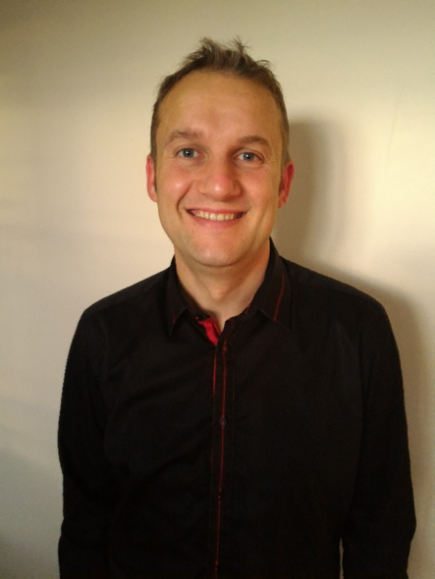
|
|
Daniel Hoffmann (Hahn-Schickard) - Adaptive Energy Harvesting Systems – Approaches and Challenges
Daniel Hoffmann received his Dipl.-Ing. degree (M.Eng.) in Mechanical Engineering from the Technical University of Ilmenau, Germany, in 2002. From 2002 to 2006 he was a research scientist at the Tyndall National Institute in Cork, Ireland, and obtained his PhD degree in microelectronics engineering from University College Cork, Ireland, in 2006. In 2007 he joined the group “Energy Autonomous Systems” at Hahn-Schickard in Villingen-Schwenningen, Germany, where he worked in the field of kinetic energy harvesting systems as a postdoctoral research fellow. He now heads the group “Energy Autonomous Systems” at Hahn-Schickard. His main field of research are the design of kinetic energy harvesting devices with emphasis on frequency-tunable and rotational systems as well as zero power microsystems.
|
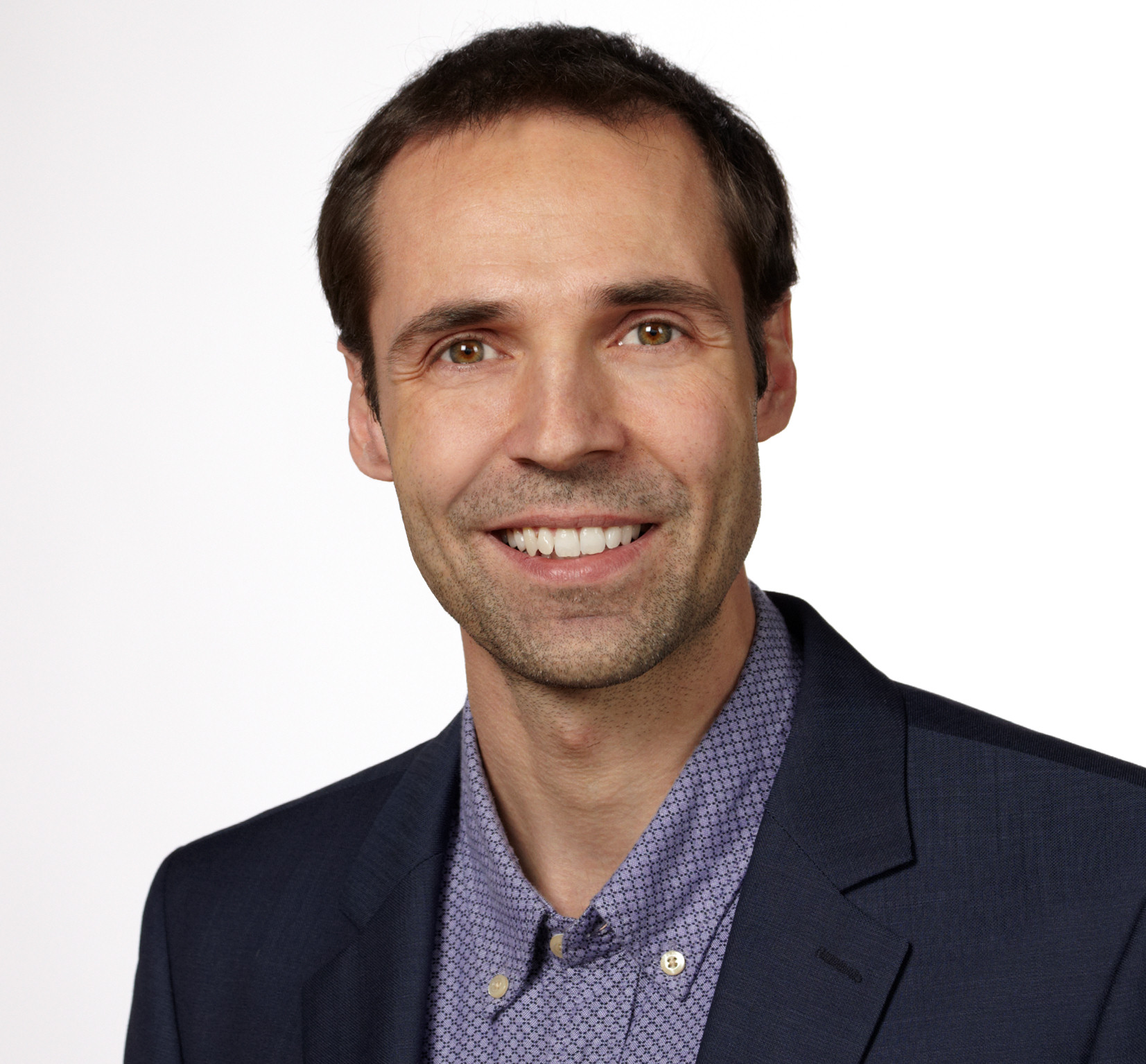
|
|
Saibal Roy (Tyndall) - MEMS Energy Harvesting and Conversion Employing Micro/Nano-magnetics
Prof. Saibal Roy is research professor to the department of Physics, University College Cork (UCC) and Head of Micropower Systems and Nanomagnetics research group in Tyndall National Institute, Ireland. He is holding Science Foundation Ireland (SFI) Principal Investigator (PI) grant award and also a funded investigator in SFI € 39 Million research center on ‘Internet of Things - CONNECT’. Prof. Roy received his MSc degree in Physics from the Indian Institute of Technology (IIT), Khraragpur, India in 1987 and PhD degree in Physics/Materials science from IACS in 1994. Before joining Tyndall National Institute in 2002, he was appointed as Arnold F Graves Fellow in Dublin Institute of Technology (DIT), Dublin, Ireland in 2001, visiting postdoctoral scientist in the Physics department of National Taiwan University (NTU), Taipei, Taiwan during 1999 – 2001, Senior Scientist in DSL (L&T) limited during 1997-1999 and postdoctoral scientist in IEM, Madrid, Spain with Spanish government fellowship during 1995-1996. He is well known internationally particularly in the area of integrated high frequency magnetics for power supply on chip, vibrational energy harvesting through electromagnetic transduction (EMT) and unconventional exchange bias in magnetic nano-hetero-structures. Within the last decade, Prof. Roy was able to bring over € 7.5 Million competitive research grants focusing these areas. Some of his published works on 'Miniaturized/MEMS vibrational energy harvesting through EMT' have received over 1000 citations to date and featured widely in international media. On the other hand, Tyndall ‘Magnetics on Si’ team successfully licensed the micro-transformer/inductor technology recently with a substantial license fee (over € 1Million) to two major multinational companies. In recognition, the team was awarded as the research team of the year (2015) by the University (UCC). In 2013, Prof. Roy was invited in a sabbatical position hosted by Electrical Engineering department and supported by Materials Science department, Stanford University. He has served as a member of several programme committees, chaired sessions and delivered invited talks in many International Conferences & Corporate R&Ds. In 2015, Prof. Roy was awarded the ‘A. S. Paintal visiting Chair Professorship’ in Engineering by INSA (Indian National Science Academy). The award was given to 3 outstanding foreign scientists in that year. This was in recognition for the contribution Prof. Roy made in the field of Thin-films, micro-nano-magnetics, Micro/Nano Technologies and Sciences over previous 20 years. To date, Prof. Roy has 3 granted global patents, written 7 book chapters and published over 180 papers in leading journals and conference proceedings, with over 5200 international citations and h index of 34 to date.
|
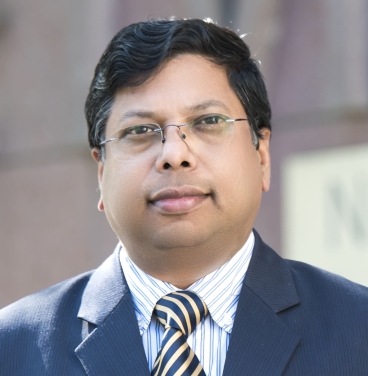
|
|
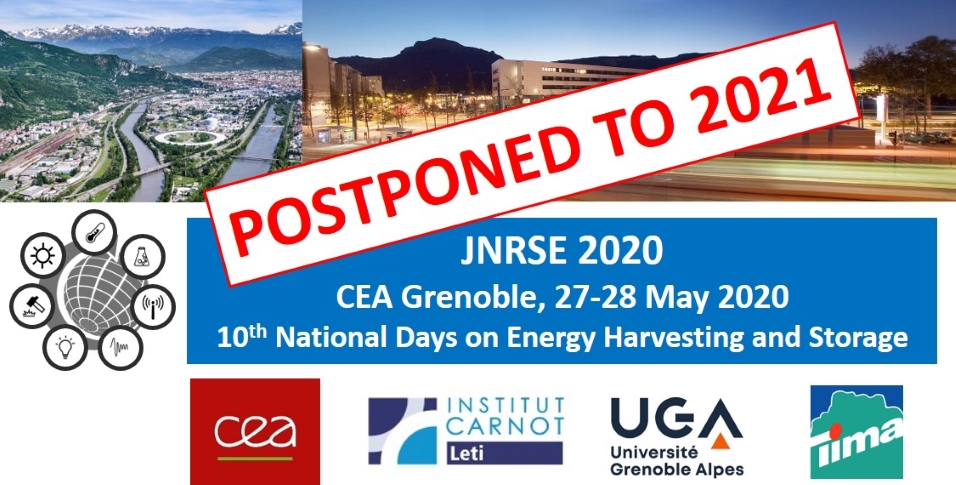



 Chargement...
Chargement...